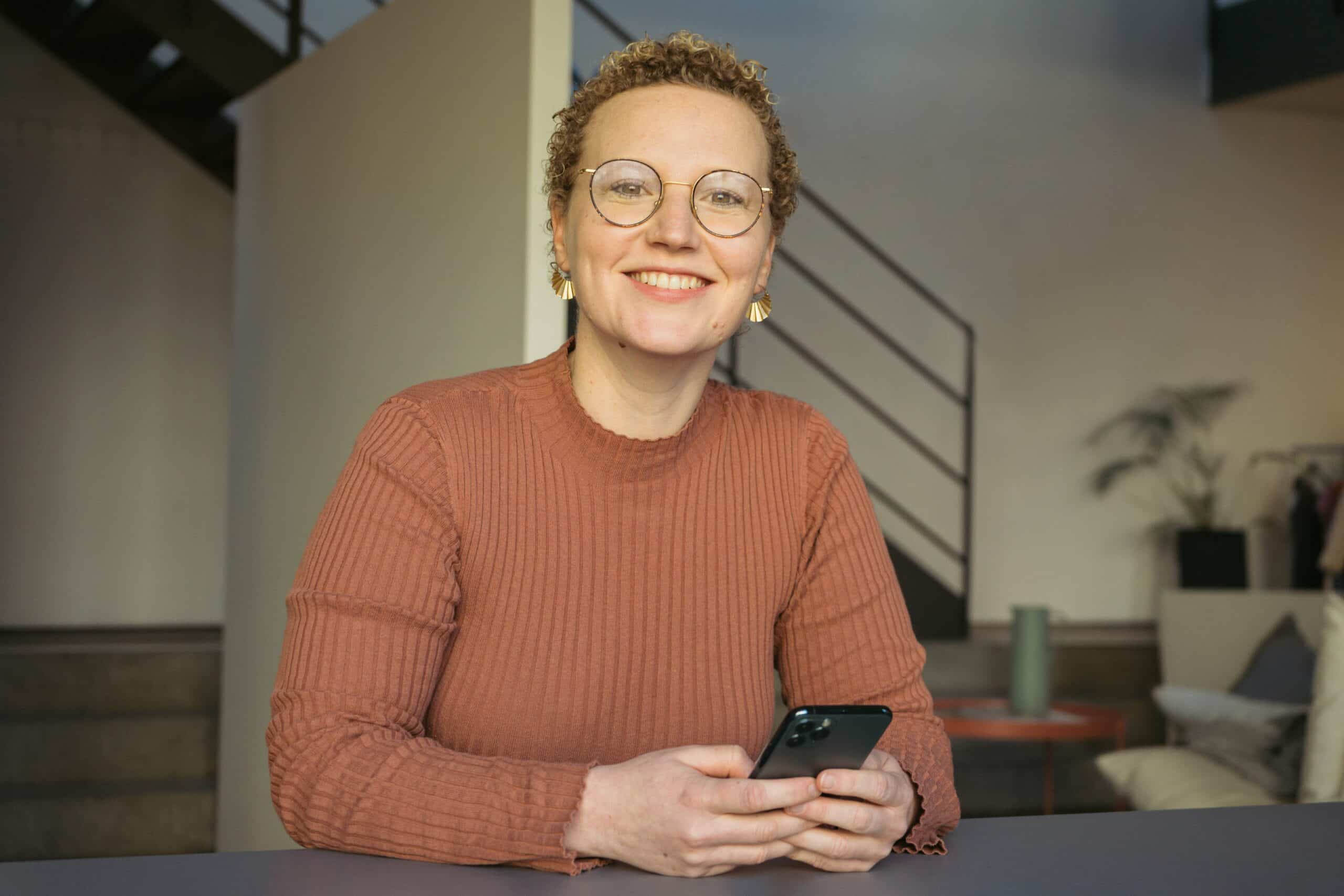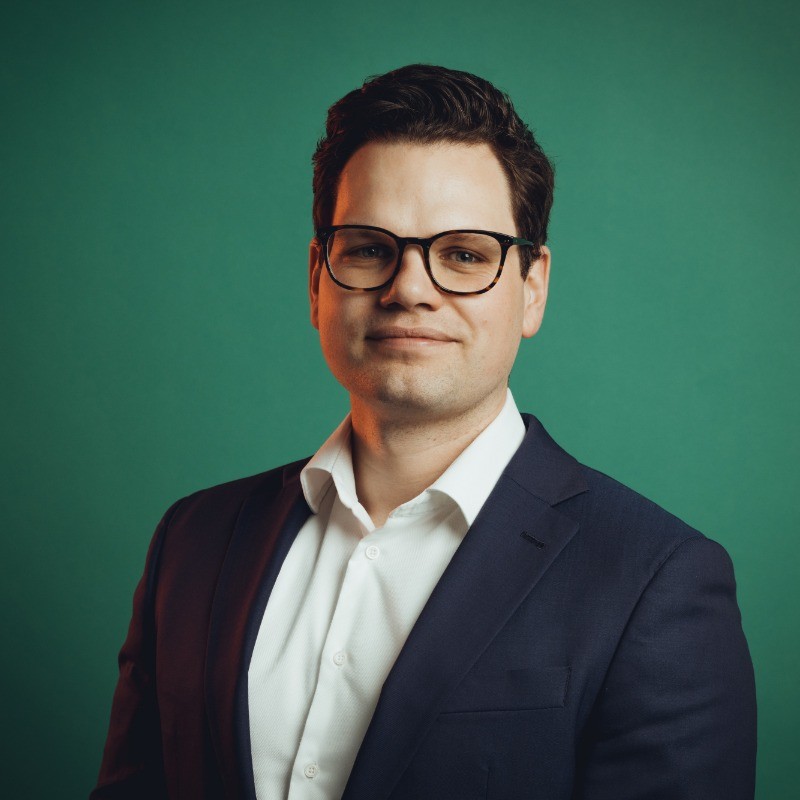Financial illiteracy is a global crisis

Hello, Mr. Kröner, in your view, what are the consequences of low financial literacy across the global population?
Financial exclusion is not just an economic issue; it is a human one. It leads to chronic debt, mental and physical health issues, housing instability and increased vulnerability to fraud, especially in emerging digital environments like Web3. Employers also feel the impact, as financial stress contributes to absenteeism and lower productivity.
While this is a global issue, the burden falls disproportionately on young people in the Global South. Across India, Sub-Saharan Africa, Southeast Asia and Latin America, over 1.5 billion young people between the ages of 15 and 35 face limited access to financial education and formal banking services. Yet even in developed economies, debt traps, low financial confidence and a lack of financial knowledge persist.
Despite growing awareness, most financial education initiatives fail to achieve meaningful scale. Core challenges remain: outdated school curricula, cultural taboos around money, and gender inequalities, especially those affecting women. Existing programs often rely on passive content and top-down formats that fail to resonate with today’s digitally native audiences.
After years of attending summits, roundtables and G20 working groups, where well-meaning promises were made but rarely acted upon, we decided to take the initiative ourselves. That’s how Mogaland Academy was born: an inclusive, gamified and Web3-native platform designed to deliver scalable, verifiable and engaging financial education.
Reimagining financial education for a digital-first, trust-fractured world
Which financial education concepts is Mogaland currently developing?
Mogaland Academy was developed by fintech veterans with experience in building purpose-driven digital banks such as DAB and Fidor.
The platform is built around three pillars:
- Game-based learning: interactive simulations and challenges turn financial theory into real-world application.
- Web3-backed credentials: learners earn verifiable, crypto-based certificates and rewards that they fully own.
- AI-driven personalization: each learner is matched with a digital “financial companion” that adapts to their financial persona and behavior.
Every learner journey begins with a financial persona assessment. Understanding a person’s financial mindset is critical. Mogaland Academy learners begin with a persona self-assessment that identifies their behavioral tendencies, preferences and gaps in knowledge.
This insight forms the foundation of a personalized, gamified learning path that evolves over time. In the future, learners can optionally upload real-world financial data to compare their behaviors to their goals, turning education into transformation.
Can you explain the “stake-to-learn and earn” concept in more detail?
As they progress, learners stake $MOGA tokens or have the possibility to receive scholarships. Through quizzes, decision-based games and leaderboard challenges, they earn blockchain-based credentials that are portable and verifiable.
BankingHub-Newsletter
Analyses, articles and interviews about trends & innovation in banking delivered right to your inbox every 2-3 weeks
"(Required)" indicates required fields
Education for all: qualification as an ecosystem enabler
Do you see financial education as a foundation for the ecosystem?
We believe financial education is not only a public good but also a strategic advantage for every stakeholder in the financial ecosystem.
- For banks and fintechs: financially competent users are more eligible, pose lower risk and are more likely to engage with complex products.
- For crypto platforms: education builds trust, reduces support costs and boosts customer lifetime value.
- For employers: financially confident staff are more resilient and productive.
- For edtech and workforce programs: Mogaland Academy serves as a foundational layer of financial literacy that increases success rates across sectors.
In short, financial education is a multiplier, strengthening outcomes while reducing risks and costs for all. Mogaland Academy for Financial Health democratizes financial education through a fun, gamified journey to financial health, integrating Web3 technologies and AI to help people around the world achieve their life goals without financial stress, boosting financial resilience and empowering young adults to truly own their lives.
A fast-growing opportunity: the rise of gamified learning
What role does gamification play in financial education?
The gamified learning market is experiencing rapid growth, projected to rise from EUR 2.18 billion in 2024 to EUR 2.75 billion in 2025, with a compound annual growth rate (CAGR) of 26.2%. It is expected to reach EUR 6.88 billion by 2029.[1]
Financial institutions seeking to differentiate themselves in an increasingly digital and AI-driven future should view gamified learning as a serious avenue for engagement, inclusion and long-term value creation.
Stake-to-learn token model
Why did you opt for a stake-to-learn token model?
At Mogaland Academy, we use a token-centric model not because it is fashionable, but because it solves real problems for underserved learners and delivers tangible benefits for all participants.
- Financial inclusion for the unbanked:Our target users, young people in emerging markets, often lack access to traditional financial infrastructure. A Web3 wallet provides access where IBANs and credit cards cannot.
- Learning by doing: Interacting with $MOGA tokens and thus Web3 finance is part of the educational journey. Users stake tokens to access content and receive rewards during their learning, gaining real, low-risk exposure to tokenized finance.
- Retain ownership, unlock upside:Unlike pay-to-play models, learners never lose their tokens. They retain ownership and can reinvest, sell or transfer them after completing their journey, transforming education from a cost into an opportunity.
We have also taken care to build a responsible token economy, drawing on deep experience in regulated financial markets. Our model is transparent, compliant and designed for long-term sustainability, not speculation.
Let’s co-create financial impact: how your institution can engage
How can financial institutions help shape the financial impact of Mogaland?
Mogaland Academy is a modular, co-buildable ecosystem with multiple ways to engage. Whether you are a bank, broker, regulator, educator, fintech innovator or a family office, here are three clear paths:
- Become a scholarship donor: Fund learners at EUR 1/month and receive biannual impact reports. A compelling solution for ESG- or CSR-aligned institutions.
- Become a strategic partner: Co-develop courses, qualify your user base and integrate financial literacy into your onboarding and retention journeys.
- Book a demo: Curious, but not ready to commit? Let us show you the model, use cases and how it could be tailored to your context.
In a world where AI agents may soon transact on our behalf, financial literacy is no longer optional, it is foundational. We need users who can understand, question and direct these systems, not blindly follow them. Mogaland Academy offers a practical, scalable way forward: gamified, decentralized, personalized and verifiable.
This brings us to the end of our interview. Thank you very much, Mr. Kröner, for taking the time to talk to us. I wish you every success with the upcoming Mogaland Academy projects.
About Matthias Kröner
Matthias “mk” Kröner is a serial fintech entrepreneur and former CEO/co-founder of two fully licensed digital banks in Europe.
With over 30 years at the intersection of innovation, regulation and finance, he brings deep expertise in financial regulation, personal finance and capital markets, spanning the full evolution from Web1 to Web3.
Renowned for bridging the gap between innovation and regulation, Matthias has introduced regulators to emerging technologies while guiding startups through complex compliance environments.
His ventures have earned multiple awards for customer experience and innovation.
Today, he leads the European activities of the Singapore-based Global Financial Technology Network (GFTN), building a trusted global ecosystem for fintech collaboration.
With a focus on digital finance, innovation and regulatory dialogue, GFTN connects leaders across sectors to co-design the future of finance.
His latest venture is Mogaland Academy for Financial Health, a gamified financial education platform that leverages token incentives to promote financial literacy, especially across the Global South.




